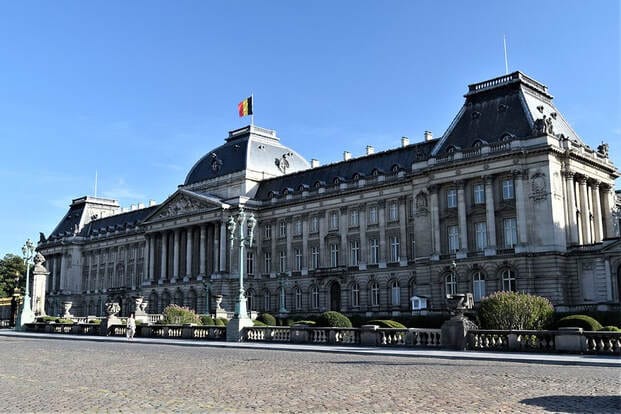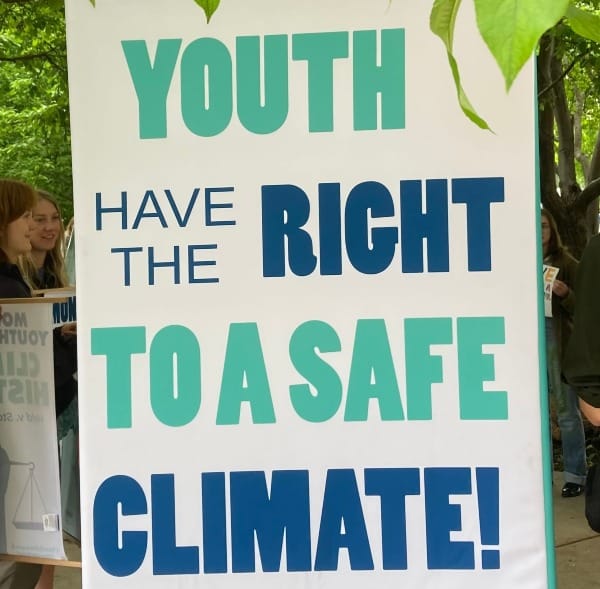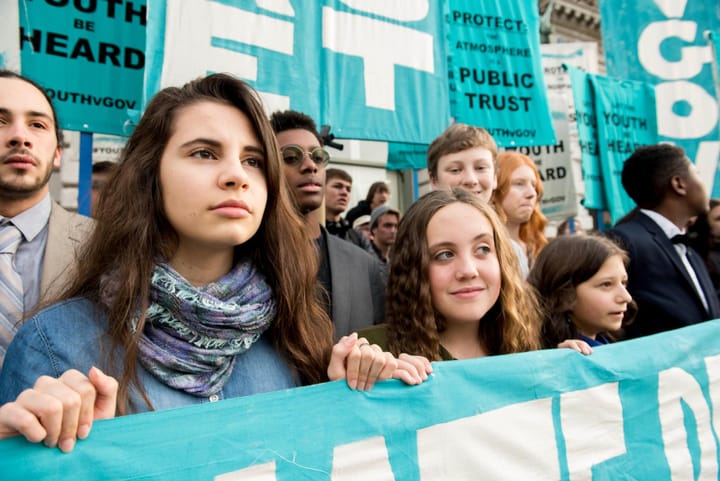Appeals Court Orders Belgium To Reduce Emissions By At Least 55% By 2030

A court in Belgium has delivered a major victory for the citizens suing their national and regional governments over their inadequate measures addressing the climate emergency. In a ruling described as “groundbreaking,” the Brussels Court of Appeals is ordering the governments to slash greenhouse gas emissions by at least 55% (below 1990 levels) by 2030, marking only the second time that a court has imposed a binding emissions reduction target on a country in a climate lawsuit. In 2015 a Dutch court ordered the Netherlands to take measures to curb emissions by at least 25% by the end of 2020 in a case brought by the Urgenda Foundation and Dutch citizens. This world-first decision was ultimately upheld on appeal.
The Belgian case, first filed in 2015 by an association called VZW Klimaatzaak and over 58,000 Belgian citizens, is styled the same as the Urgenda case in that it challenges governmental climate policy and seeks court intervention to compel governments to do more to rein in emissions and safeguard citizens’ fundamental human rights. The landmark Urgenda case has inspired a wave of rights-based climate litigation throughout Europe and beyond, with courts in Ireland, France, Germany, Colombia, and Nepal, for instance, already ruling against government defendants.
In 2021 the Brussels Court of First Instance issued a verdict finding that the Belgian state and several regional jurisdictions were in breach of national and international law due to insufficient climate policy deemed to be ‘negligent’ in failing to protect human rights. Specifically, the governments were found to be in violation of Belgium’s “duty of care” law and Articles 2 and 8 of the European Convention on Human Rights, which protect the rights to life and to private and family life. However, the court did not order the governments to take specific actions or to reduce emissions by a given amount. Based on that shortcoming, plaintiffs appealed the judgment.
Following oral arguments from September 14 to October 6, 2023, the appeals court handed down its decision on November 30 – which also happens to be the starting date of the COP28 UN climate summit in Dubai. The court not only upheld the lower court’s findings of violations of domestic law and of the ECHR, but went further in issuing injunctive relief by requiring the governments to take all necessary measures to reduce emissions 55% - at minimum – by 2030.
While the global climate governance regime under the UN Framework Convention on Climate Change (UNFCCC) has seen painstakingly slow progress and undue influence by fossil fuel and other industrial interests, the courts offer a glimmer of hope in their potential to hold governments and corporate actors alike accountable as the climate crisis deepens.
As a press release from VZW Klimaatzaak commenting on the Belgian case verdict puts it: “The fact that this particularly strong judgment was handed down on the first day of the international climate summit COP 28 in Dubai underlines the imperative need for rapid and decisive climate policy. Although world leaders have been meeting for decades to discuss how to reduce global emissions, they have never been higher than today. This political failure constitutes a serious threat and violation of our human rights and is increasingly being corrected by the judiciary, including today in Belgium.”
Indeed, the climate fight is increasingly being brought to courtrooms around the world, and the role of the judiciary to intervene amidst a grave failure of political will to adequately confront the climate emergency is becoming even more apparent and necessary.
“The ruling is not only important for Belgium, but also provides guidance for what must be demanded of other countries,” said climate lawyer Roger Cox. “It will help accelerate the global climate approach.”


